The Third Annual Family Planning Resource Guide
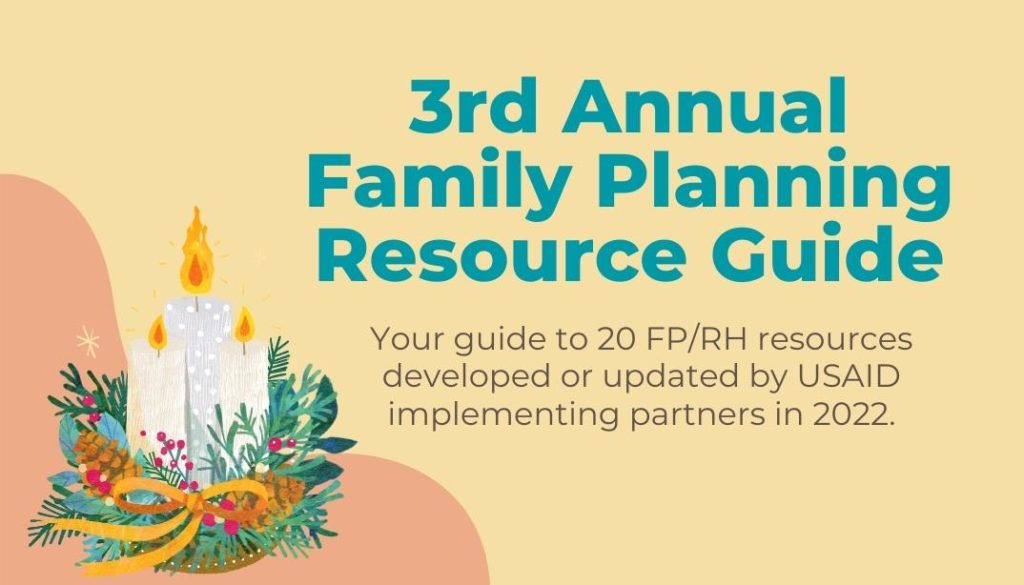

Introducing the third version of our family planning resource guide. Consider this your holiday gift guide for family planning resources!
At Knowledge SUCCESS, we aim to collect, synthesize, and curate knowledge produced by innovators around the world working towards the common goal of expanding access to quality family planning and reproductive health services and information. During this season, we engage in a critical exercise of stepping back and reflecting on the groundbreaking work our community has produced over the course of the year. With that, we’ve curated the third edition of our annual Family Planning Resource Guide, packaged like a holiday gift guide.
Though you are not “buying” these tools this holiday season, we know you will find this collection of diverse resources from a variety of projects useful, informative, and timely.
To compile the guide, Knowledge SUCCESS asked projects funded by USAID Population and Reproductive Health, including our content partners, to submit resources that they have developed or used. This year, the guide includes 20 resources from 15 different implementing partners and projects. We are especially excited about the resources that were either developed through an inclusionary co-design process or incorporated significant authorship from colleagues working all around the world. Partners shared a range of high-quality tools, which you can browse below by clicking on each project name.
We’d like to extend a warm “thank you” to all our partners who submitted resources for this guide. We hope this 2022 edition of the Family Planning Resource Guide helps you to see what new tools or resources were developed this year, and how they can be applied to your work. Now that this is the third year in a row we’ve produced this guide, is it safe to call this a “family tradition”?

MMH digital brief
This brief, on the Merci Mon Héros (MMH) campaign, including a page dedicated to resources needed to use MMH materials in other projects’ work, or to replicate the MMH model. (read more)Sections of the brief were co-authored or based on ideas generated with the youth running the campaign (Interactive page - Also available in French).(read less)

Engaging Men as Contraceptive Users tool
This tool provides compelling presentation materials that make it easy to advocate for vasectomy with key stakeholders in government, coordinating bodies, and donor organizations. (read more)After reviewing the Vasectomy Message Framework and selecting the key message most likely to persuade a key stakeholder, advocates can use the presentation content in this tool to advocate for vasectomy with their stakeholder, focusing on the key message they selected from the message framework.(read less)

Provider Behavior Ecosystem Map
Improving health provider behavior is crucial to achieving health and development goals. Providers, including those who work in family planning, operate in complex systems, and factors such as norms, health systems, (read more)client interactions, and individuals’ own beliefs and attitudes influence provider behavior. Designing impactful, scalable, and sustainable initiatives requires a contextual understanding of both providers and the people who interact with them. Developed using a co-design process with stakeholders in countries of implementation, the Provider Behavior Change Toolkit for Family Planning builds on the Provider Behavior Ecosystem to inspire practical solutions in these areas. (also available in French)(read less)
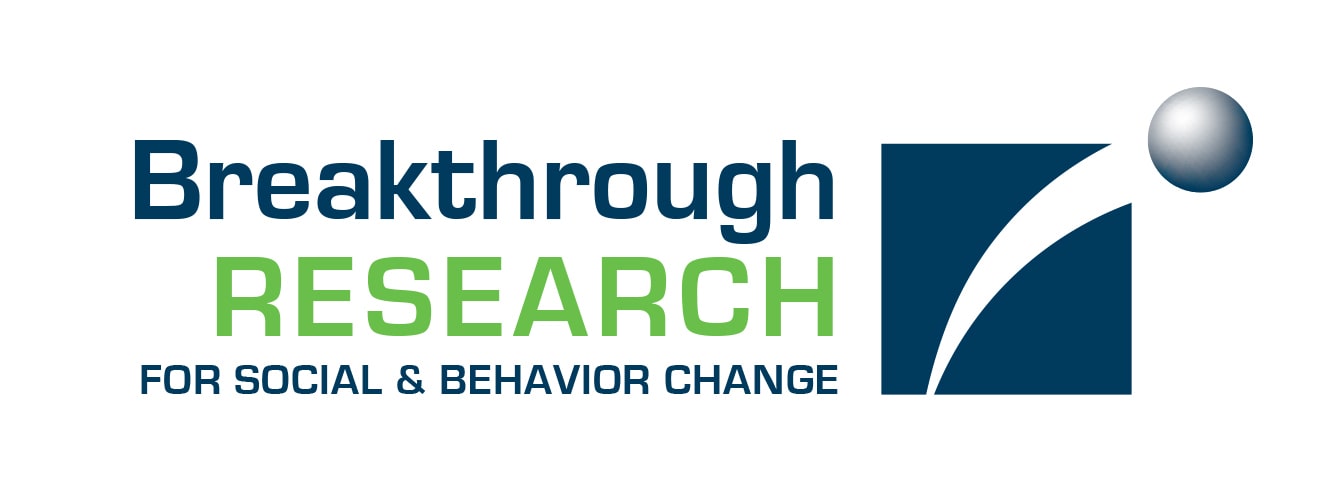
The Social and Behavior Change Business Case Model for Family Planning: An Interactive Tool
This online interactive tool from Breakthrough RESEARCH is meant to help you plan effective SBC programs (read more)by guiding you through a series of steps necessary to see how a potential set of SBC interventions might impact the modern contraceptive prevalence rate (mCPR) and the costs and cost-effectiveness of these interventions. You can use this tool to help you design potential SBC programs, to understand whether a planned investment will have the intended impact and cost-effectiveness, or to adjust potential programming to see what combination of SBC interventions and what intervention reach align with your budget and your intended impact.(read less)

Using the Provider Authoritarian Attitude Scale
This technical reference sheet from Breakthrough RESEARCH provides information to monitoring, evaluation, and research practitioners about a 14-item scale (in English and French) (read more)reflecting authoritarian attitudes related to provider attitudes about clients, their professional roles, and gender roles. This resource also provides instructions and resources for fielding and analyzing providers’ authoritarian attitudes using these measures. (read less)

Blog post
YLabs’ CyberRwanda project is a youth-driven, digital self-care platform that provides comprehensive sexuality education and access to contraceptive products for young people in Rwanda.(read more) The innovative platform uses behavior-change storytelling through webcomics to shift norms around family planning and sexual and reproductive health.
In this blog post, Three Elements to an Impactful Story, CyberRwanda’s content writer Gary Layn shares three ways you can approach creating more relevant, engaging stories for youth and increase the impact of your content.(read less)
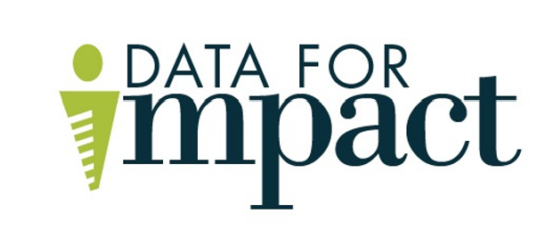
Research and Evaluation Capacity Assessment Tool and Resource Package (RECAP)
This tool supports local organizations to rapidly assess their organizational capacity for research and evaluation, plan for institutional strengthening, and review progress over time. (read more)The goal of RECAP is to improve country and organizational capacity and increase organizational readiness to receive direct awards from USAID and other funders. Organizations can use RECAP as part of their monitoring, evaluation, and reporting in support of USAID’s approach under the new Local Capacity Strengthening Policy. RECAP builds upon previous tools and resources designed to support evaluation capacity assessment and strengthening and was created in consultation with evaluation experts from local institutions and organizations in Ghana and Nepal, USAID, and D4I partners.
Data for Impact (D4I) hosted a webinar that explored how RECAP was developed, provided an overview of the package components, and shared results from tool use in three settings.
Watch the webinar
Get the resources (read less)

The Service Provision Assessment (SPA)
This a comprehensive assessment of quality of care at health facilities across a country, including family planning and antenatal care services. The SPA uses a (read more) holistic approach to examine quality of care from multiple perspectives by looking at infrastructure, human resources, and clinical interactions, including from the client’s perspective. The SPA uses five different types of questionnaires to assess quality of care: 1) facility inventory, 2) health worker interview, 3) observations of consultations with sick children, antenatal care clients, and family planning clients, 4) Exit interviews with family planning clients, antenatal care clients, sick children’s caretakers, and postpartum women, and 5) newborn resuscitation simulation.
(read less)
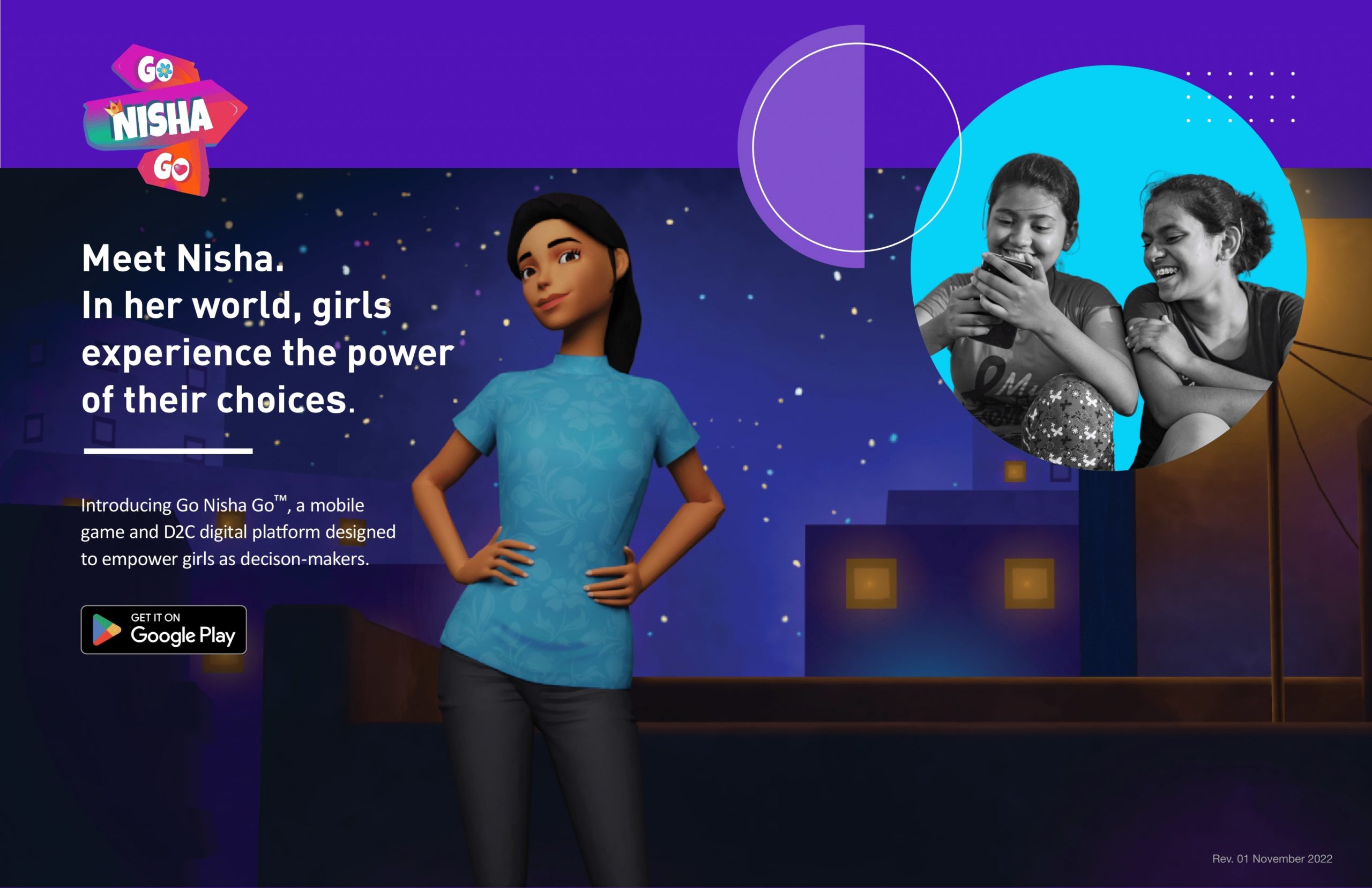
Go Nisha Go Brief
Go Nisha Go is a mobile game made with girls and for girls in India by Game of Choice, Not Chance™. In the game, (read more) players role-play relatable scenarios inspired by girls’ lived experiences and learn about topics that are too often considered taboo. Girls travel with their avatar Nisha, gaining access to reliable information about health, self-care, relationships, and careers. Together with Nisha, players navigate challenging situations where they make decisions and experience the outcome of their choices. (read less)
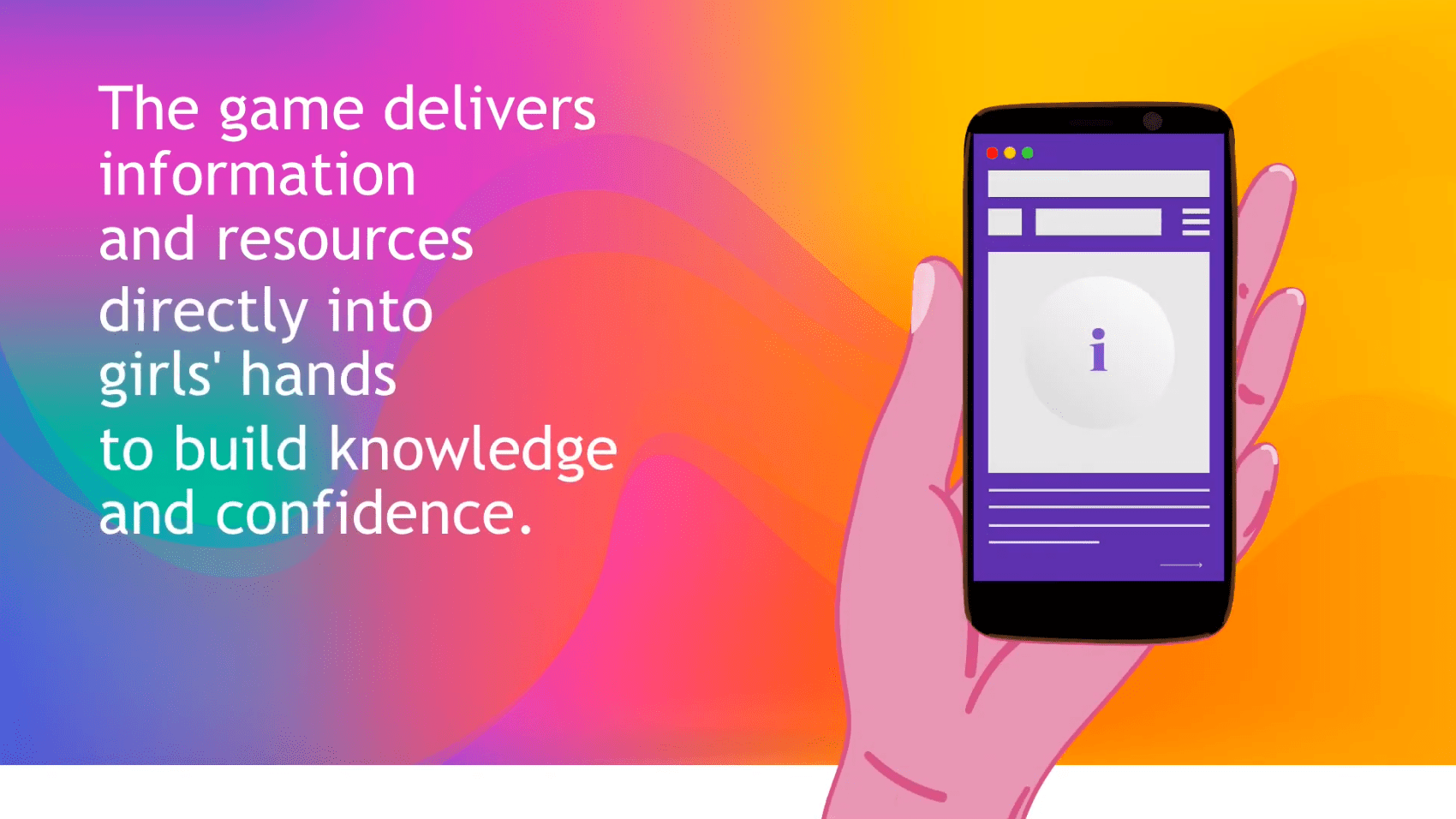
Theory of Change Document
Theory of Change Presentation
The Theory of Change (TOC) for the Game of Choice, Not Chance™ is underpinned by theories of various behavior change models, (read more) identifying impact pathways through an iterative process that can be validated through a rigorous game-play outcome evaluation. This TOC is of relevance in current times, where digital interventions are being explored but current development of ‘serious’ games lack an evidence-based approach for measuring outcomes, and continue to depend on metrics that fall short.
Game of Choice, Not Chance™ (GOC) is a direct-to-consumer project and digital platform using discovery and play to empower young people to become active decision-makers in their own lives and realize their full potential. The first game, Go Nisha Go for girls in India was launched in July 2022 and as of December 2022 it has reached 150K+ downloads. In the game, girls who often face agency-inhibiting social and gender norms can experience the power of their choices, get connected to vital information and resources in real time, and be better equipped to improve their sexual reproductive health outcomes. (read less)

Lessons for Contraceptive Implants
Jhpiego and Impact for Health, as a component of the Expanding Family Planning Choices (EFPC) project, undertook rapid literature reviews and key informant interviews with experts (read more)in the contraceptive implant and family planning field, to better understand programmatic learnings, tips, best practices and challenges, including the potential for private sector engagement for implant introduction and scale-up. The results of this review led to the development of a series of products for continued learning and sharing.(read less)
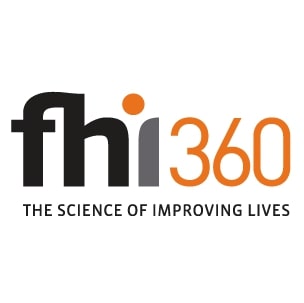
FHI 360, Avenir Health, and USAID brief on CYP factors
Couple-Years of Protection (CYP) is an output indicator used by international organizations and country governments to monitor progress and measure performance of family planning programs and to make (read more)assumptions about family planning coverage. CYP calculations across methods were previously updated in 2000 and 2011, resulting in changes in methodology, factor inclusion, and specific methods. Since the 2011 update, there have been further changes and additions to the modern contraceptive method mix. The brief is based on the results of a literature review that synthesizes the evidence and provides detailed background information on the review process and updated CYP calculation methodology for the five products included in the review. (read less)
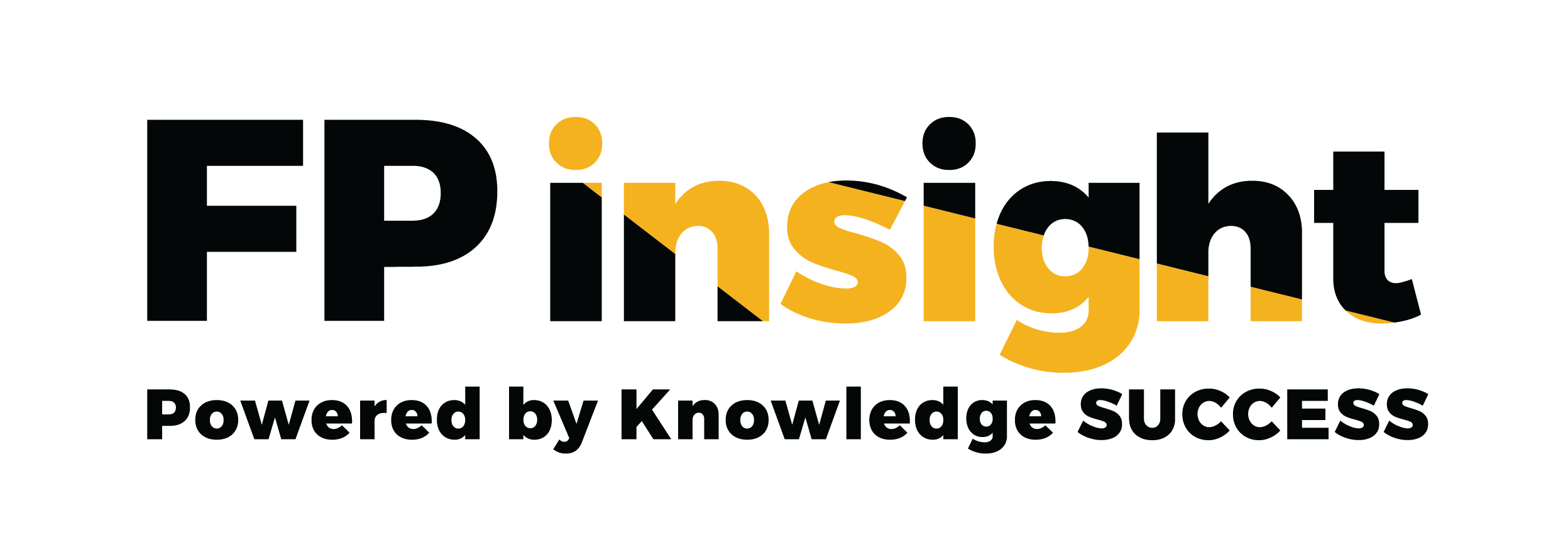
FP insight Updates & Enhancements
In June 2021, Knowledge SUCCESS launched FP insight, a free digital platform that helps family planning and reproductive health (FP/RH) professionals find, share, and organize resources for their work. (read more)
Since the platform’s launch, over 900 FP/RH professionals from across Africa, Asia, and the United States have already shared 2,000+ resources on COVID-19, gender, youth, PED, and a range of other cross-cutting FP/RH subjects. Through the use of translation features and a mobile-friendly design, members use FP insight to collaborate, curate resources, and build better programs, with 47% of surveyed users reporting they discovered information on the platform they applied to their work.
Highlighting over 30 exciting platform features, the FP insight New Features Roadmap:
• Helps orient new users to FP insight with both written, video, and hands-on tutorials.
• Introduces all users to newly launched features that improve their FP insight experience.
• Gives users the power to decide “what’s next in 2023”, with three surveys that allow users to cast votes for their favorite new FP insight feature ideas!
(read less)
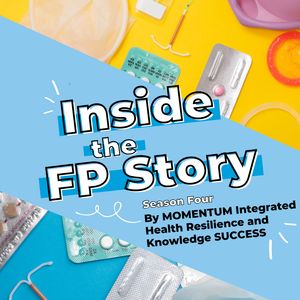
Inside the FP Story Season Four
Momentum IHR partnered with Knowledge SUCCESS to produce a season of Knowledge SUCCESS’ Inside the FP Story podcast that explores how to address family planning and reproductive health within fragile settings.
(read more)
Over four episodes, you will hear from a variety of guests as they offer practical examples and specific guidance from diverse contexts. We spoke with guests who work in fragile settings around the world. They shared examples of their programs––including what works, what does not work, and what is necessary to ensure that all people in these settings receive quality, client-centered family planning and reproductive health services. (read less)

MOMENTUM Private Healthcare Delivery country perspectives on Meaningful Adolescent and Youth Engagement: Blog Post
MOMENTUM Private Healthcare Delivery is putting the principles of Meaningful Adolescent and Youth Engagement (MAYE) into practice by engaging directly with young people, as both participants and leaders, (read more)in the development of programs geared toward addressing their sexual and reproductive health needs, including access to and use of family planning. In a blog post, MOMENTUM shares perspectives from Benin, Mali, and Malawi on various aspects of MAYE and their operationalization within MOMENTUM activities. The blog elevates key highlights from a webinar held in September 2022 on the same topic.(read less)

Hindi Language FP/SRH Knowledge Bank
In India, most national media channels report on FP/SRH in English, leaving a vast section of people in Hindi-speaking North Indian states–which have some of the highest fertility rates–devoid of this information. (read more)There is a need for a platform that provides verified data and information for reporting in Hindi newspapers, television stations and digital media platforms. The Population Foundation of India therefore translated FP/SRH information on its existing online Knowledge Bank into Hindi for local and regional journalists. The bank will be a credible source of FP/SRH data and information in Hindi to help journalists contextualize and present relevant and accurate information to their audiences. On the online platform, journalists are able to select a particular state and get information on FP indicators and other parameters such as population growth. The availability of FP/SRH information in Hindi will bring about increased levels of awareness amongst the population, decision makers, CSOs, community groups, service providers and frontline workers, resulting in increased uptake of modern FP/SRH services.(read less)
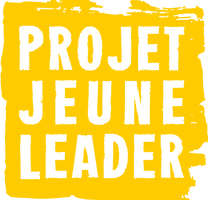
Print and Virtual Data Hub and Magazine Series
For the past three years, Projet Jeune Leader has been producing a magazine series on SRH called EKO reaching adolescents, parents, teachers, and school administrators in hard-to-reach, rural communities in Madagascar. (read more)In 2021, the organization received over 4,600 handwritten comments, questions, and suggestions from the series readers. Projet Jeune Leader therefore aimed to bring this local knowledge to national level decision makers through a print and online EKO magazines series coupled with a virtual platform to collect, code, and digest comments received from readers. The new magazine series was published in both French and Malagasyand is centered around ‘hot’ topics in adolescent comprehensive sexuality education and SRH in Madagascar. The virtual data hub and print magazine series creates a critical loop between local knowledge on SRH and national level decision making processes in Madagascar. (read less)

Quality Assessment Checklist for Client-facing Family Planning Content in Digital Tools
Nothing says Happy Holidays like high quality information about family planning! This user-friendly checklist, designed by R4S, guides digital tool developers and implementers through the steps (read more)to assess and improve their family planning content. The checklist synthesizes learnings from our 2021 review, which assessed the FP content of 11 digital tools. Checklist users will verify the presence of information (by contraceptive method, where applicable) across 11 key content areas and receive tips for how to address gaps and inaccuracies as well as links to high quality content resources. Given that young people are majority users of FP/RH digital tools globally, the checklist uses an icon to signal recommendations that are especially relevant to youth audiences. (read less)

R4S Briefs
Governments and partners around the world are implementing High Impact Practices (HIPs) in family planning, but are we all monitoring them the same way? The R4S project conducted an inventory (read more)of indicators being used to monitor implementation of all the service delivery HIPs in three countries—Mozambique, Nepal, and Uganda. It turns out, there are a lot of indicators out there! Want to learn about how they differ and how they are similar, or where there are gaps in measurement? Check out these briefs for more information: overview, facility-based practices, community-based practices, and private sector practices. R4S is planning a global consultation in 2023 to take these findings, and results from a subsequent assessment, to produce standardized measures for HIP implementation.(read less)
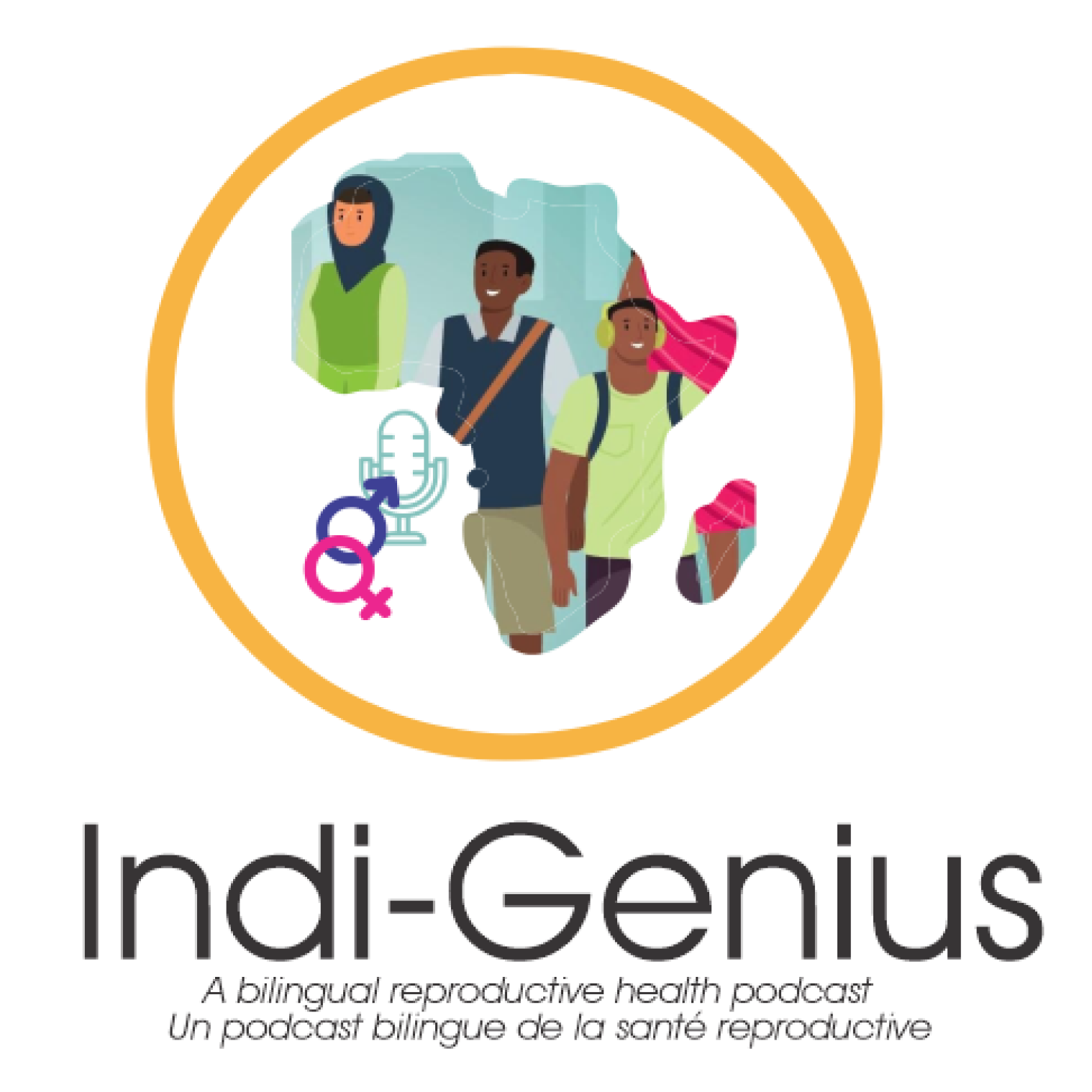
Indi-genis podcast
While there is plenty of FP/SRH information in Nigeria, country and context-specific, indigenous knowledge is not well documented. Strong Enough Girls’ Empowerment Initiative (SEGEI) provided indigenous reproductive health leaders (read more)a platform to share local knowledge and FP/RH programming best practices. Indi-Genius, a bi-lingual (English and French) 20-episode podcast series leveraged creative oral storytelling to document and share real-life experiences of grassroots family planning leaders in Nigeria and the Republic of Niger and facilitate knowledge exchange while highlighting what works and what doesn’t in reproductive health programming. The initiative seeks to change the narrative on how FP/RH knowledge is defined, understood, and used by presenting knowledge of indigenous young leaders who are shifting norms and driving change in their communities. The Indi-Genius podcast is hosted on the youth-friendly, easy-to-access Instagram platform and country partner websites. This facilitates meaningful regional knowledge exchange about FP/RH among young people living in the targeted countries and beyond.(read less)




